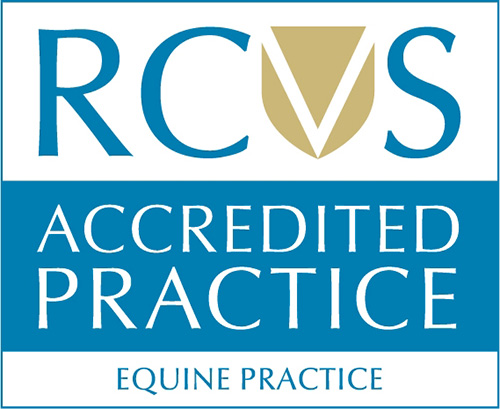Euthanasia - When is the right time to say goodbye
It’s always that difficult question when you have an older horse or pony. They are getting progressively stiffer and struggling to hold their condition as well as they used to. You start to ask yourself, is it time to let them go?
Sometimes, the decision is taken out of our hands as the result of a catastrophic injury or inoperable, incurable colic. Occasionally, horses pass away due to natural causes, however studies have shown that only 9% of horses will die from natural causes, which means that there is a high likelihood that most owners will have to make the heart-breaking decision to put their horses to sleep.
Here are some things to think about when considering your older horse/pony’s quality of life:
Can your horse easily get to and from their field, graze, walk, trot, lay down and get up? If your horse is unable to cope with their daily life, it is time to consider their quality of life and happiness.
Is your horse maintaining their weight without having to eat disproportionate amounts of hard feed? Older horses tend to ‘rally’ and thrive in the spring/summer months as grass is readily available and turnout is plentiful. However, when autumn/winter comes around, and the grass quality declines, turnout is restricted and they are swapped to a predominantly hay based diet, older horses can start to show signs of struggling and can start to drop weight. Having to feed a horse that was previously well muscled and easily had a good body condition score, large amounts of feed can be an indication that they are struggling. It is always important to ensure that older horses are regularly checked by your vet and have regular dental checks to rule out any dental disease/pain and also to check that they are not suffering from other age-related diseases such as Pituitary Pars Intermedia Dysfunction (PPID) also known as Cushing’s disease.
Is your horse lame and stiff even after being given a low dose of a painkiller, such as Bute? A lot of older horses struggle with arthritis more in the winter, as they are sedentary for longer in stables or shelters or are ridden/exercised less. If your horse is struggling to remain sound and free moving, especially if they are on Bute, it is highly likely that they are in pain.
Is your horse finding it increasingly difficult to stand up after rolling or lying down, or is no longer rolling or lying down? Horses that are struggling to rise, can often be struggling from joint pain, whilst those not laying or rolling at all have usually deemed it too difficult to stand up again.
If you are having to think about some of these questions, it may be a sign that your horse is struggling to cope and that it may be time to let them go. This is an extremely difficult and personal decision and not one that can be rushed. Owners should always try and prioritise their horse’s quality of life. If this is diminishing with no chance of improvement, the kindest thing to do is to let them go. You can always discuss your older horse and pony’s quality of life with your vet. It is always better to let them go a day too soon rather than a day too late.
This articles also appears on our Horse Health Programme website:
https://www.horsehealthprogramme.co.uk
To view/download a copy of this information in PDF format, please click here.
-
Previous
-
Next

